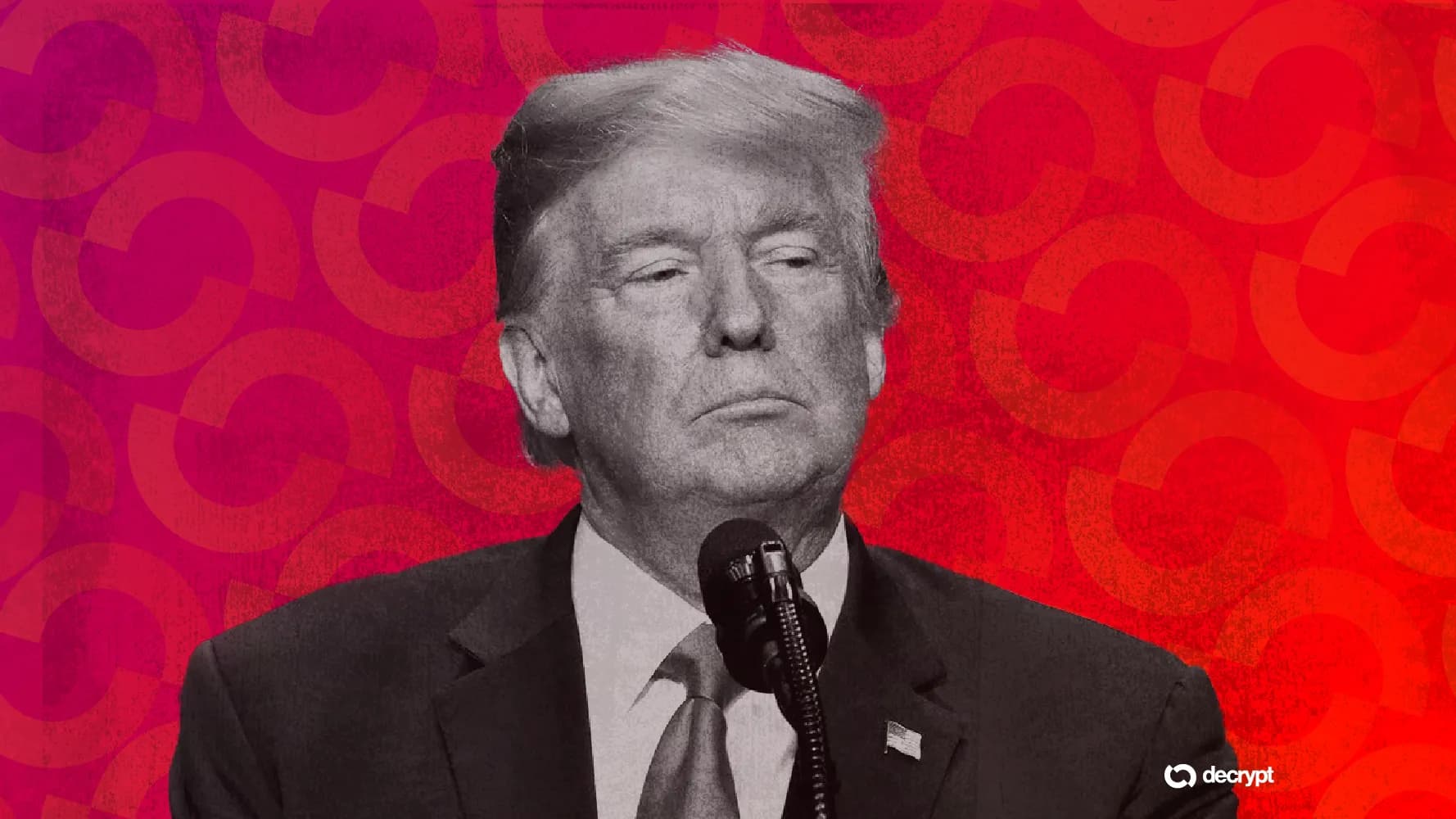Trump Fired Her From the FTC. Now Her Husband’s Crypto Bill Could Suffer

News Summary
Rebecca Slaughter, a Democratic FTC commissioner, was fired by the Trump administration and is now suing over her dismissal, challenging the President's power over independent regulators. Her husband, Justin Slaughter, a top crypto lobbyist at Paradigm, is actively working to pass a crucial crypto market structure bill. The Supreme Court is expected to rule on Rebecca's case in 2026. Should the ruling grant the President the power to fire commissioners at will, it could undermine the independence of agencies like the SEC and CFTC. This potential erosion of independence could jeopardize bipartisan support for the crypto bill, as pro-crypto Senate Democrats are concerned about entrusting rulemaking authority to agencies under total White House control, especially given Trump's lack of appointments for minority party commissioners. Currently, the CFTC is run by a lone Republican acting chair, and the SEC has only one Democratic commissioner. The Trump administration has given no indication of intending to nominate Democrats to fill these vacancies. This situation creates an ironic dynamic where Trump's consolidation of executive power may inadvertently jeopardize one of his administration's key crypto policy goals. Rebecca's lawsuit is financially supported by her husband's crypto lobbying job, highlighting the intertwined personal and political stakes.
Background
The core legal background for this issue dates back to the nearly century-old Humphrey's Executor v. United States case, which established the precedent that a President cannot arbitrarily dismiss independent agency commissioners except for cause (neglect of duty or malfeasance). The Trump administration's firing of Rebecca Slaughter and Alvaro Beyoda from the FTC is a direct challenge to this precedent, aiming to test it before the conservative-stacked Supreme Court. The proposed crypto market structure bill seeks to legalize most digital asset trading and investment activities within the United States, a major goal for the crypto industry and reportedly backed by the White House. Independent agencies such as the FTC, SEC, and CFTC play critical roles in regulating various industries, including digital assets, and their independence is traditionally considered vital for non-partisan oversight. The Trump administration's failure to nominate minority party commissioners to fill vacancies at the SEC and CFTC further exacerbates concerns about executive control over these agencies should Humphrey's be overturned.
In-Depth AI Insights
What are the deeper strategic intentions behind the Trump administration’s push to expand executive power concerning crypto legislation? - Ostensibly, this move aims to consolidate presidential control over independent agencies, aligning with Trump's philosophy of a